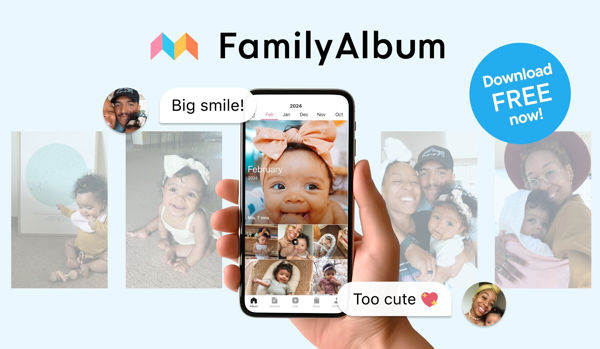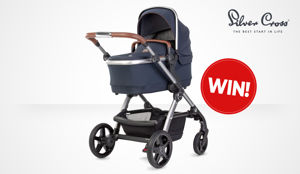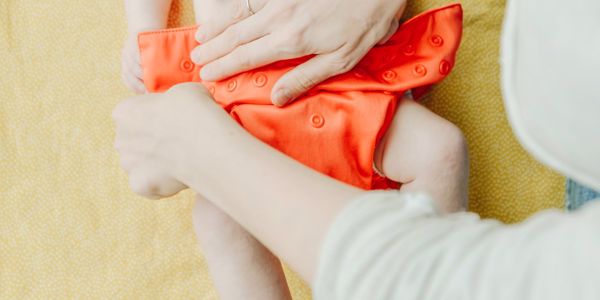I’m always looking for ways to be more sustainable and eco-friendly around my home, so why should Christmas be any different? Statistics show that in the UK we produce around 30% more waste than usual around Christmas, so it’s up to us to make a conscious, considered effort to reduce waste. Let’s face it: we’re likely to be spending a LOT more time at home indoors this Christmas, so there’s no better year to start some new, healthy, eco-friendly habits and traditions. Let’s get going!
Reusable Advent Calendar
Advent calendars, by design, are destined for the bin on 24th December. Many are full of plastic inserts, some also full of plastic toys. An easy way to be more eco-friendly, starting this Christmas and for every Christmas forevermore, is to invest in a reusable advent calendar. You can get everything from fabric wall hung advent calendars to personalised wooden houses – the choice is yours! Then, all you need to do is fill it up full of treats your family will love. I bloody love a good advent calendar – in fact, I love them so much, I wrote a round-up of some of my favourite toddler advent calendars for 2020 that don’t involve chocolate – there are even a few eco-friendly picks in there.
Ditch The Wrapping Paper
Did you know that a lot of wrapping paper is actually not at all recyclable? An easy test – scrunch your wrapping paper up into a ball in your hand. When you let go, if it stays scrunched up like normal paper does, then well done: your wrapping paper can be recycled! If it slowly uncurls itself – NOPE. It’s likely to have non-recyclable elements in its makeup. Any immediate decorative foil, glitter or plastic on the wrapping paper will also deem it unrecyclable.
Instead of guessing with traditional wrapping paper, why not stick to something you KNOW is recyclable – for example, newspapers? Alternatively, you could buy a big roll of sugar paper or brown paper and wrap your presents in those. You could even turn this into a fun craft activity with your children – let your children colour, scribble, doodle and potato stamp to their heart's content, and then use these pieces of paper to wrap presents. This will go down an absolute treat for grandparents, I promise.
Choose an Artificial Tree or Rent a Christmas Tree
As beautiful and amazing as a real Christmas tree is, it’s quite sad really – the growing and harvesting of a tree purely to sit in our living room for a month. Why not invest in a good quality artificial tree that can be looked after and loved for your whole life? If you’re still desperate for the aesthetic of a real tree, why not a rent a Christmas tree? There are companies who deliver you a potted Christmas tree – you keep it watered and loved over Christmas and then they pick it back up afterwards. A beautiful Christmas tree that’s still alive sounds like a MUCH better option than displaying a corpse in my front room, in my opinion.
Homemade Gift Tags
Similarly to wrapping paper, a lot of gift tags and stickers aren’t recyclable… so make your own! Cut out different shapes of coloured card or paper then paint, colour and craft. Not only does it keep your little ones entertained for an afternoon – it’s great for the environment and has a heartwarming factor for the recipient, too! Want something with a bit more of a wow factor? Why not try making salt dough gift tags?
Reusable crackers
Now, I’ll admit: I only discovered these existed this year! Crackers are literally designed to be pulled apart for some shoddy little plastic toy that you play with for 30 seconds and then chuck in the bin. What a waste! Why not invest in some reusable fabric Christmas crackers – this way, you can personalise each cracker with a small gift you know each recipient will love, instead of it ending up in the bin. There are lots of small businesses selling reusable Christmas crackers on places like Etsy, so swapping to eco-friendly crackers is also a great way to shop small and support small businesses this Christmas.
Homemade Cards
Yep – you guessed it: make your own cards! Christmas cards, especially boxed ones, tend to be awful for unnecessary packaging and plastic. Plus, who REALLY cares about Christmas cards anyway? Spend a few days making your own cards with your children – pour yourself a cuppa whilst they colour in your amateur drawing of a Christmas tree and VOILA. A personal keepsake that hasn’t involved unnecessary plastic and waste. Win-win.
Knit or crochet crowns
Still want the tradition of Christmas crowns or paper hats in your cracker, but want to be more eco friendly? Why not make your own reusable crowns? If you can knit or crochet, it’s not too tricky at all to whip a quick crown up. If you can’t knit, you could always support a small business and buy some to last a lifetime for your family.
Reduce unnecessary gift-giving
It’s easy to get carried away at Christmas – especially this year, when everyone seems to be buying extra presents to make up for the time we’ve spent away from loved ones. One of the biggest ways we could make an impact this Christmas, however, is to simply reduce the unnecessary gift-giving and physically buy less. Less presents = less plastic packaging = less wrapping paper. Buy more thoughtfully and consciously, buy well, and buy once.
Reduce food waste by buying less
Food waste accounts for a LOT of my waste at home – what about yours? I think it’s pretty inevitable with fussy eating toddlers around that food gets chucked on the floor and smeared onto surfaces, so why add to that already mammoth load of food waste by buying unnecessary food at Christmas? It’s easy to get carried away, I know, but it’s easy really: buy less. When you do buy, try to buy food without any unnecessary plastic packaging. Why not check out to see if there is a zero-waste store or farm near you, instead of opting for the closest supermarket?
LED Christmas lights
Some LED lightbulbs can cut energy usage by 80% - yes, really. If you’re going to buy some Christmas lights this year, spend an extra few minutes checking that they’re LED. The environment (and your bank account!) will thank you for it.
What eco-friendly changes are YOU going to make this Christmas?






